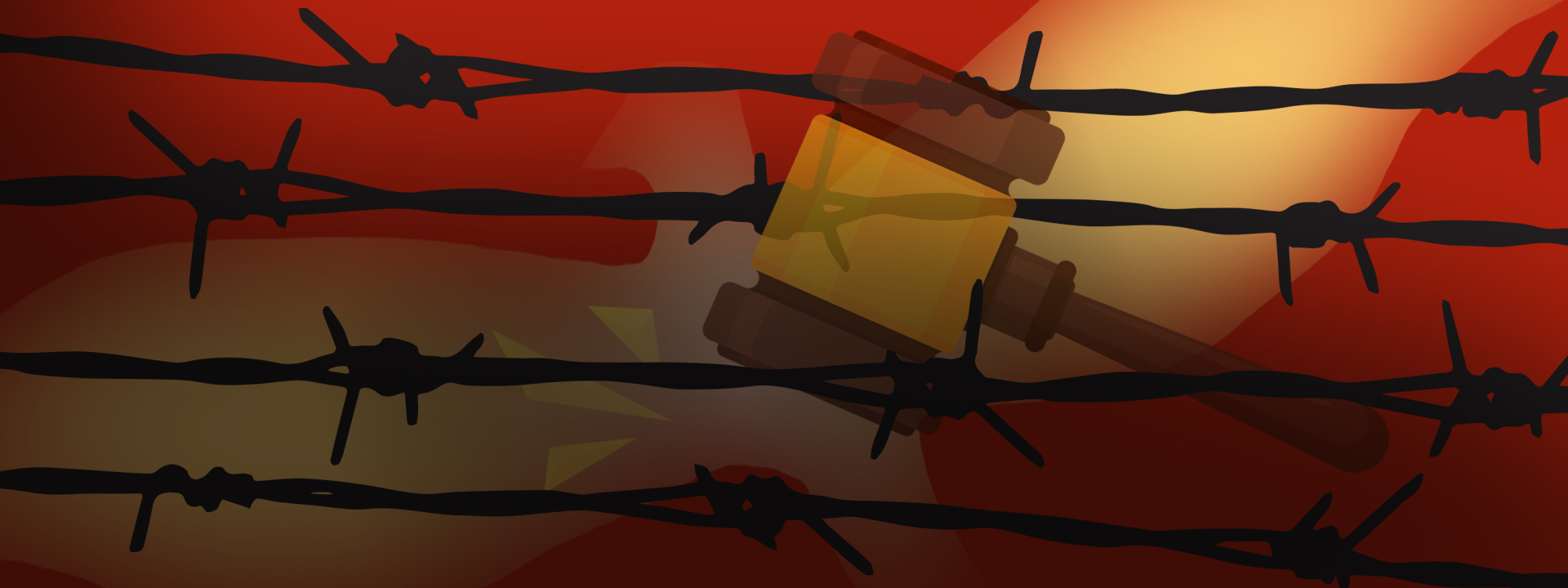On the last day of 2020, Jimmy Lai’s bail was revoked by Hong Kong’s Highest Court: A fitting finale to a year where the integrity of the judicial system has come under increasing
fire.
For years, the judiciary has been viewed as the last line of defense against the Chinese authorities’ ever-escalating interference with Hong Kong’s affairs. Of the three branches of government, the executive has always been at Beijing’s beck and call. As for the legislature, a defective and intentionally skewed election design meant that pro-democracy legislators can never control the agenda, despite having the majority vote. The judiciary, with security of tenure and a professionally controlled system of appointment and discipline, has been most insulated from direct political manipulation. Yet, is that sufficient to protect the rule of law in Hong Kong?
In a sense, if one understands rule of law as the wholistic system of institutional and social structure that enables justice to be done through law, Hong Kong’s rule of law has always been problematic. It would be naïve to believe that justice can be achieved by mere adherence to rules and procedures by the judiciary, when other aspects of the operation of the law—from its formulation to enforcement—are blatantly unjust.
In recent years, the power of prosecution has been abused to harass and intimidate pro-democracy activists. The power to regulate professional conduct of teachers has been abused to effectively impose a gag order in schools. The power to control infectious disease has been abused to make almost all forms of public gatherings and demonstration unlawful. The power to administer election has been abused to impose political screening of candidates. And the ultimate legislative power retained by Beijing has been utilized to fast-track a draconian law that criminalized thought and speech, without any public consultation, debate, or oversight.
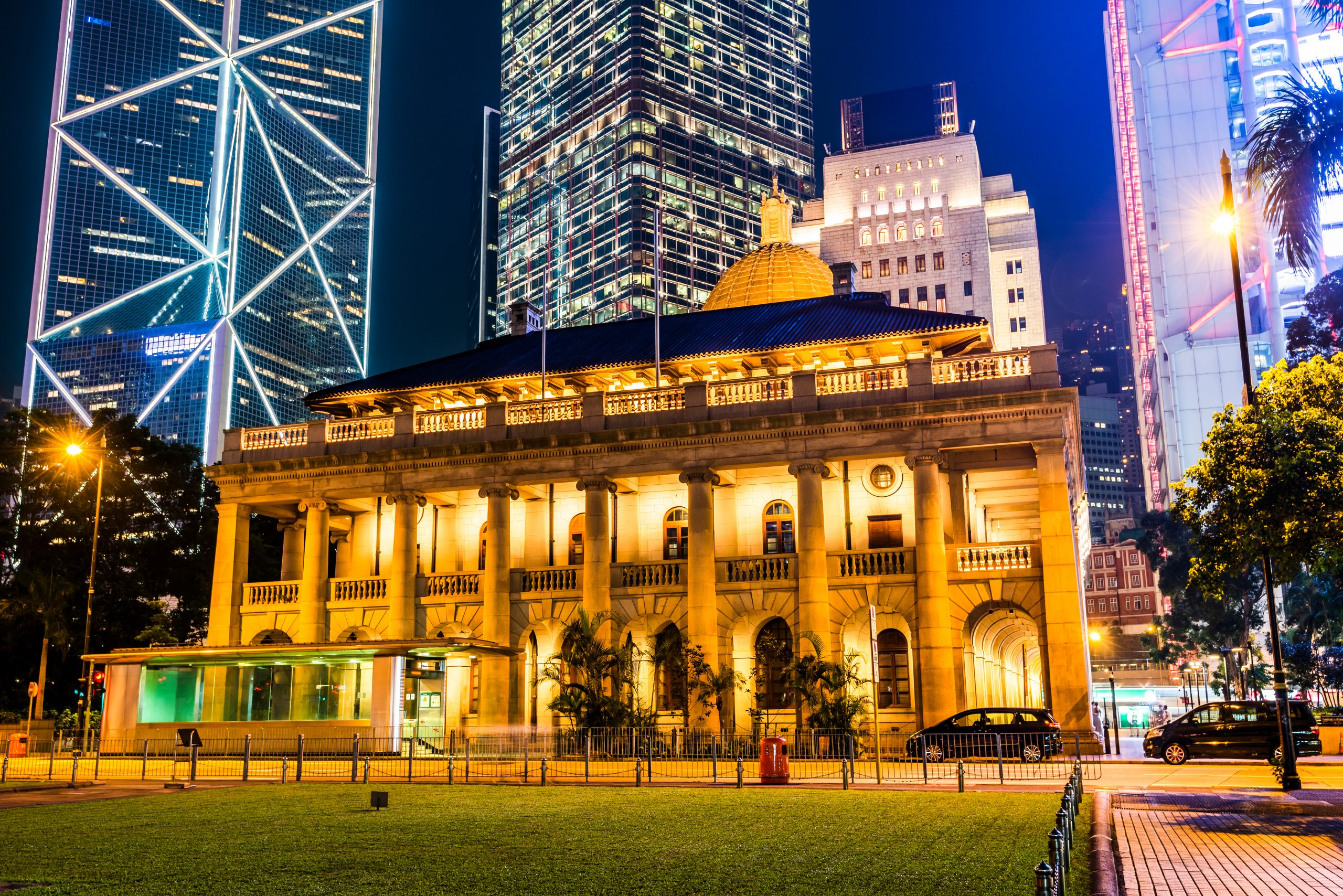
Hong Kong’s judiciary has been seen as the last line of defense against Beijing’s creeping interference in the beleaguered city. Today its independence is increasingly under fire. (The above photo shows the Court of Final Appeal Building in Hong Kong.)
The Court alone has little capability to rein in all of these abuses. While theoretically, it has the power to review administrative action and legislation for their lawfulness, such power often depends on individuals initiating court proceedings, which is both costly and risky. Most administrative and legislative excesses were thus left unchallenged.
Of the few cases that reached the Court, the results were often disappointing. Often, the Court would hide behind well-recognized common law principles like deference, standing, and judicial restraint in refusing to interfere with government’s action. Such principles may work
well in a democracy with separation of powers, properly formulated laws, and officials accountable to the people. Yet in Hong Kong, such institutional assumption that leads to the development of these principles is simply invalid. In the public eye, judicial deference looks increasingly like judicial complicity.
What is worst is that the judicial process often cloaks political suppression with a veneer of legitimacy. When the Court remanded Jimmy Lai in custody, the order was supposedly made by an independent court applying common law principles. When the Court sentenced activists Agnes Chow, Joshua Wong, and Ivan Lam to between seven and 13.5 months in prison for inciting an unauthorized assembly, the conviction was supposedly “just”
punishment for a crime they pleaded guilty to. When the Court of Final Appeal held that the face mask ban is constitutional, the decision supposedly applied well-established legal tests developed to protect human rights. When the police were challenged about their decision to compel various media companies to hand over information relating to the arrest of 53 pro-democracy activists, the former repeatedly relied on the fact that Court order was obtained.
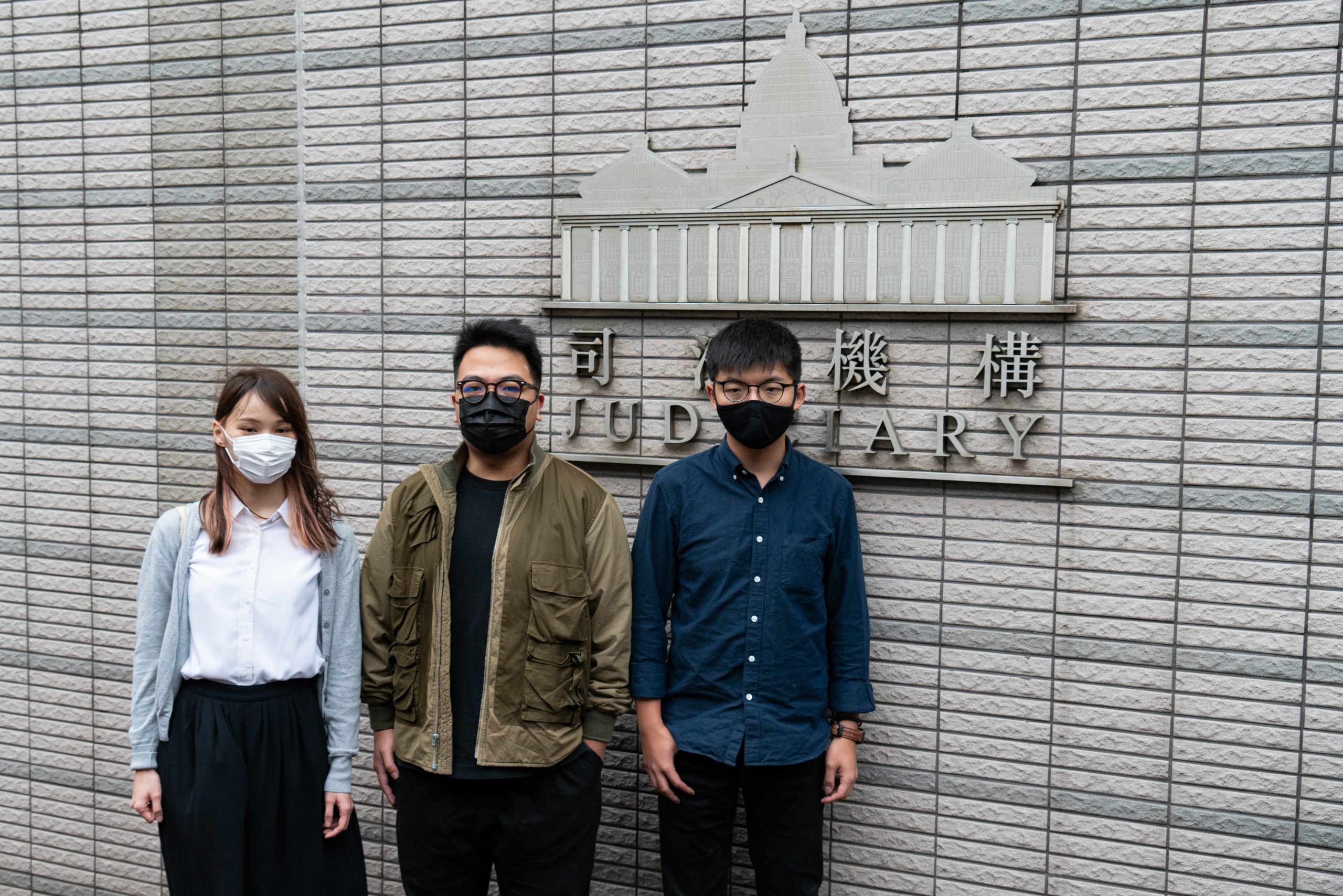
The Court’s sentencing of pro-democracy activists (from left to right) Agnes Chow, Ivan Tam, and Joshua Wong to seven to 13 and a half months in prison for inciting an unlawful assembly was deemed “just” punishment for a crime they pleaded guilty to.
Yet judicial officers are adamant in maintaining that the Hong Kong judiciary remains independent and trustworthy. In a press conference on January 5, 2021 before his retirement, Chief Justice Geoffrey Ma denied all suggestions that the Court was under any pressure from the Hong Kong or Beijing government. He stressed that the Court answers only legal, not political, questions, and remarked that he dared not and should not talk about whether the meaning of separation of power has changed politically. He maintained that rule of law is still alive and well, since judges handle cases according to the law.
Such refusal to acknowledge and confront the changing political reality is precisely the problem. Judicial independence is not maintained by judges telling themselves that “we are independent,” when Beijing all but told the Court that if “you grant bail to Jimmy Lai, we would exercise the power under Article 55 of the National Security Law and take him to China for trial.” Rule of law is not maintained by the Court complacently handing out deterrent sentences or rubber-stamping search warrants, when the decision on who should or should not be prosecuted and investigated is politically charged. And justice can never be achieved by answering “legal questions” when the law itself is unjustly written.
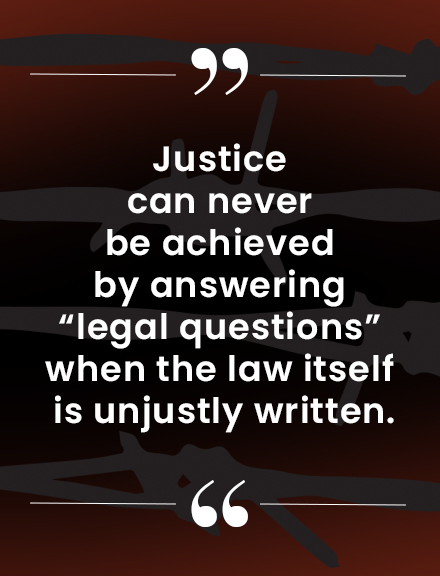 One would be blind if he failed to see the devastating impact of the National Security Law on civic freedoms. Slogans that used to be shouted by millions of people on the streets are now taboo. Shops take down posters and displays with political overtures for fear of police harassment or prosecution. Political parties and organizations that have been operating peacefully and uneventfully for years are now disbanded, or choose to relocate. Legitimate associations lobbying with international actors now risk life sentences. Even running in a primary election is now a crime.
One would be blind if he failed to see the devastating impact of the National Security Law on civic freedoms. Slogans that used to be shouted by millions of people on the streets are now taboo. Shops take down posters and displays with political overtures for fear of police harassment or prosecution. Political parties and organizations that have been operating peacefully and uneventfully for years are now disbanded, or choose to relocate. Legitimate associations lobbying with international actors now risk life sentences. Even running in a primary election is now a crime.
Such acts have never been, and should not be, regarded as criminal in the Hong Kong society but for the sudden and unilateral imposition of the National Security Law by Beijing. For the Court to simply accept that, yes, this is now the law and it is our responsibility to apply it is to acquiesce to and encourage the use of the law as a tool of political suppression. It is to allow political interests to dress up persecution with “rule of law,” squandering public trust in the judiciary in the process.
You might ask, what else can the Court do? A solicitor friend of mine said that while he found the Court’s judgment in remanding Jimmy Lai incomprehensible, he understood the need for the Court to make such ruling so as to avoid the “greater evil” of Lai being sent to China. Similar reasons have been invoked to justify the Court disqualifying pro-democratic legislators to avoid the “greater evil” of Beijing taking matters into its own hand and issuing further interpretation of the Basic Law .
Many share such views. In the minds of the public, the judiciary’s bare denial of political pressure is feeble and unpersuasive when the sword of Damocles is hanging over its head. Even if one believes in the goodwill and integrity of the judges, the end result is the same: That the Court is powerless to resist outcomes that Beijing truly wants. And it is increasingly unclear whether bending over backwards to avoid brute-force Chinese interference in Hong Kong’s affairs is really the lesser evil. The Court in effect conditions itself into acting as the executioner’s sword by setting dismally reasoned but binding precedents, compromising its core values while deceiving itself and everyone who still believes that everything is fine.
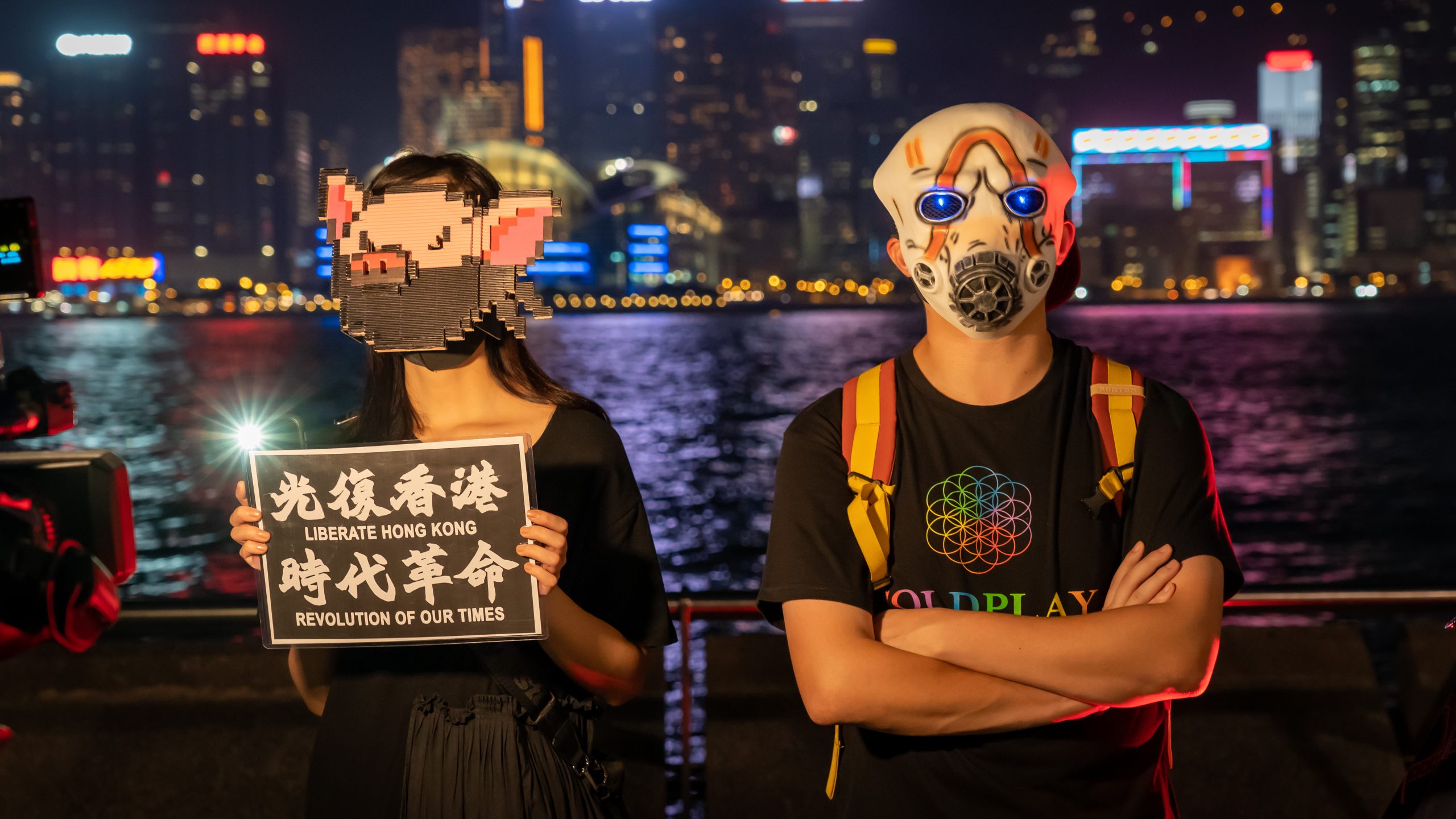
Late last year the Court of Final Appeal ruled the face mask ban enforced at the height of the pro-democracy protests in 2019 constitutional. The court’s decision supposedly applied well-established legal tests meant to protect human rights.
The rule of law is and has always been broken in Hong Kong, and it is high time for the legal profession and judiciary to acknowledge this reality. The judiciary does not operate in a vacuum, insulated from the wider political reality, and the rule of law means much more than judges applying the “law” in a legal-technical manner.
Without adequate democratic control of power and protection of civic rights, the law could easily be manipulated as a tool of control and oppression, which the judiciary should be alerted to. Acknowledging such reality is not a call to abandon professionalism and pursuit of justice.
On the contrary, only by forthright recognition of what went wrong in our system do we have any hope of properly defending important values including dignity, human rights, justice, and the rule of law, in judgment and in public debate.
It is time to call a spade a spade, instead of continuing to bestow the halo of “rule of law” on political oppression. ●
Hang Tung Chow is an activist and a barrister from Hong Kong.










